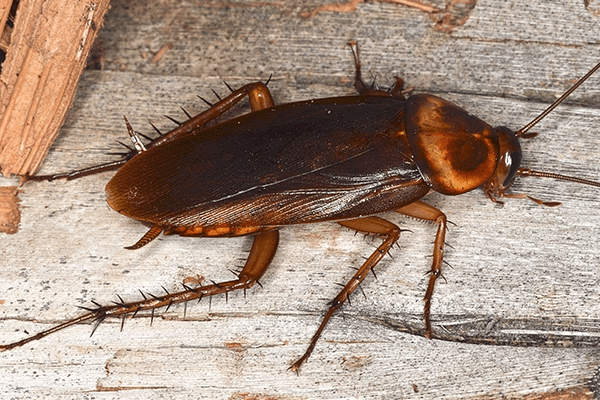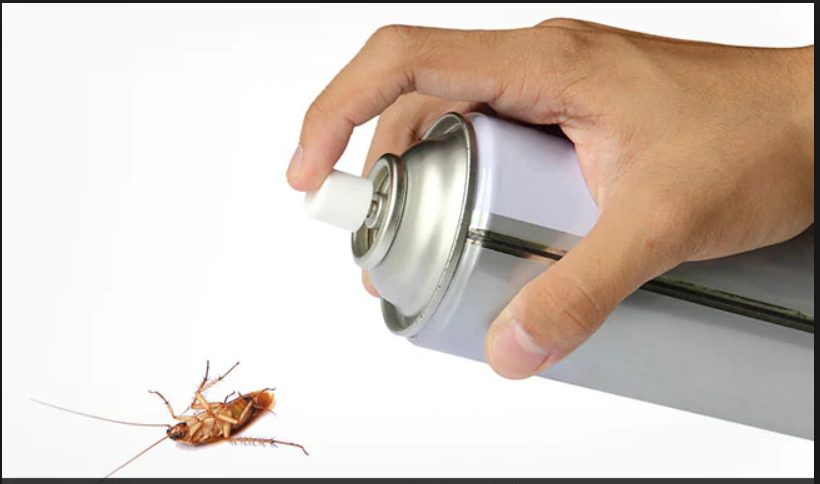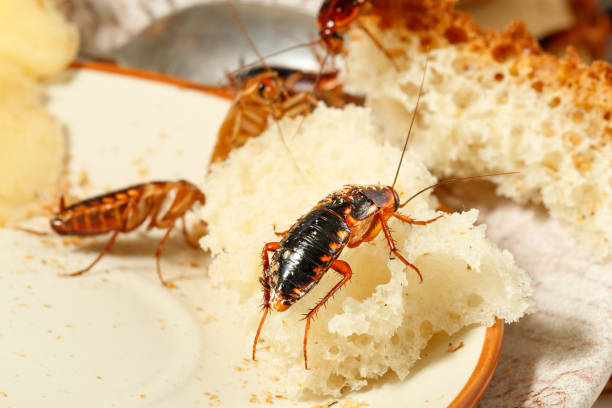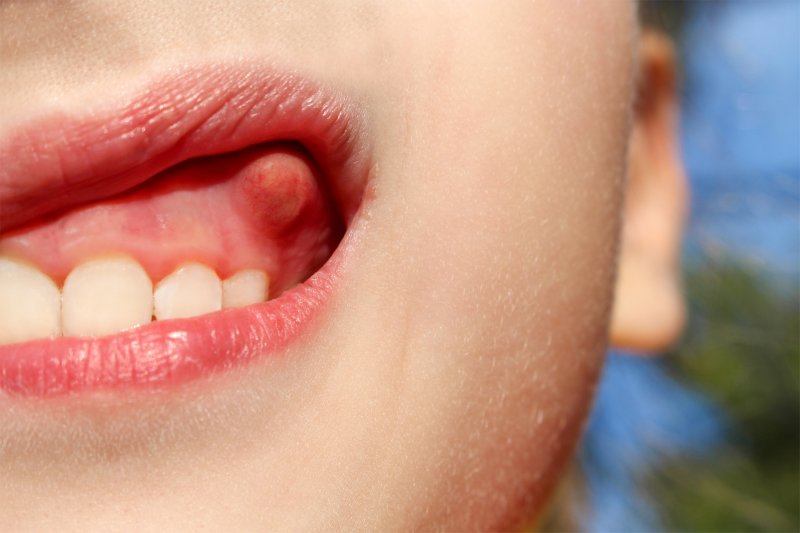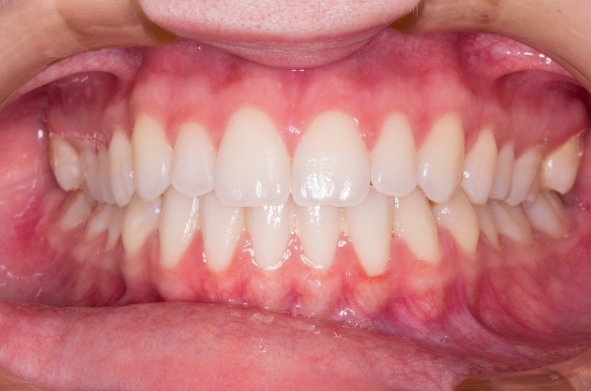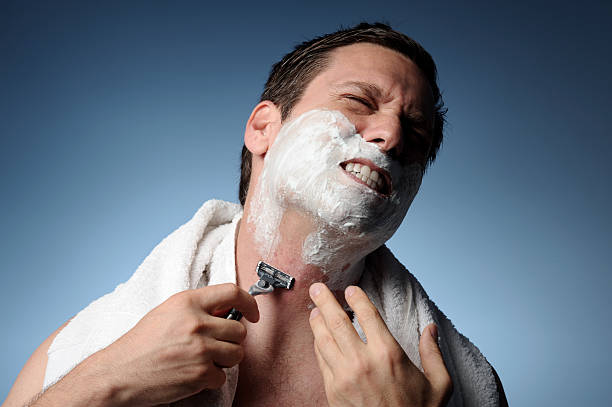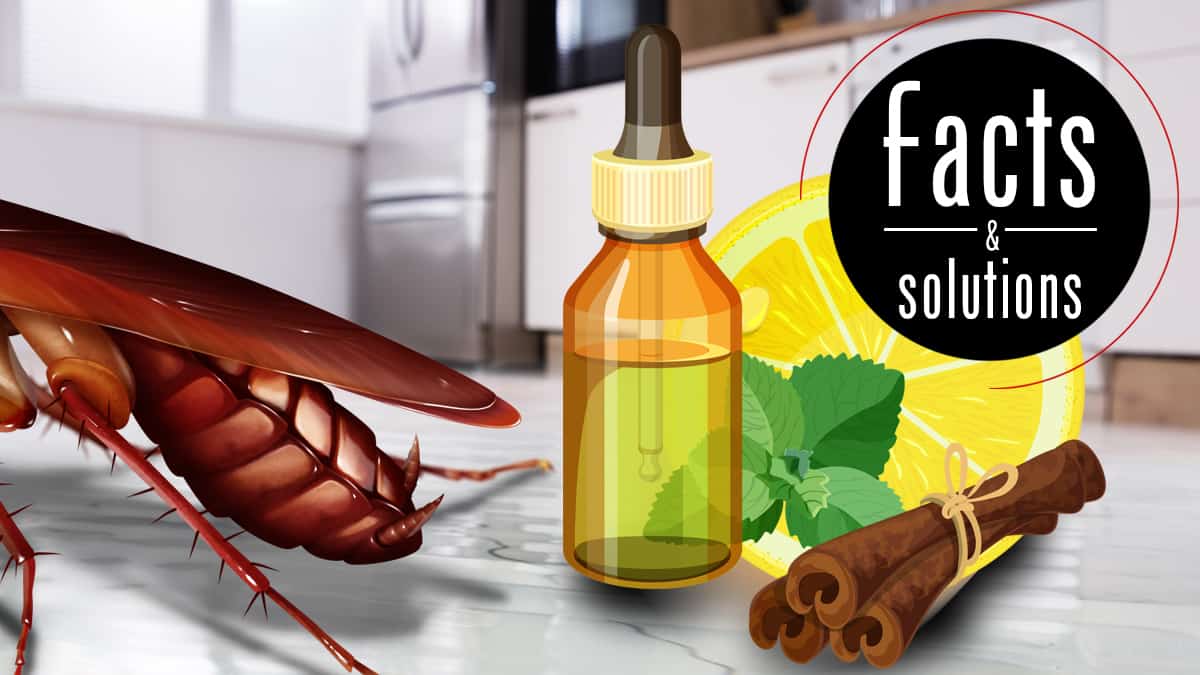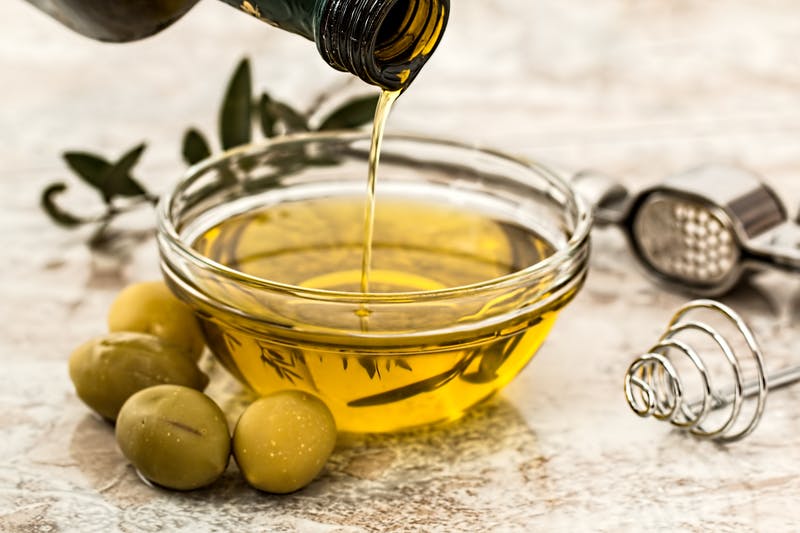The Signs of Food Addiction
If you’re struggling with an unhealthy relationship with food, you may have a food addiction. Food addiction is not the same as just having a favorite type of food or a guilty pleasure — it’s when eating that certain type of food becomes unhealthy for you. When you have a food addiction, you make that type of food the center of your life.
You think about it all the time, plan ways to get it, and make decisions based on whether or not you can eat that particular food in that moment. You also might experience withdrawal symptoms if you can’t eat it for some reason.
If these sound like things that are happening to you with a certain type of food — whether that be something like pizza or something more specific than that — read on to learn more about the signs of food addiction and what steps to take if you think that’s something you might need to deal with.
The Signs of Food Addiction
If you have a food addiction, you might notice that you have certain signs that let you know something’s not right. Some signs of food addiction include:
– You eat a lot of one type of food, and that food is taking over your life.
– You feel a sense of panic when you can’t eat your favorite food.
– You make plans around when and where you can eat this food.
– You experience withdrawal symptoms when you can’t eat your favorite food.
– You eat a certain type of food to cope with feelings like anxiety or sadness.
– You feel ashamed or guilty after eating a large amount of your favorite food.
What Causes a Food Addiction?
There isn’t one clear cause of food addiction, but there are some things that could lead you to become addicted to food. If you experienced something in your life that made you feel out of control, for example, you may feel like you can’t be in control when eating certain foods.
If you turn to food when you’re sad or stressed out, you may begin to associate food with those feelings and turn to it again and again. If you’re being bullied or bullied others, you may turn to food as a way to deal with those feelings. No matter what the cause, though, you can take steps to put a stop to a food dependency and put yourself back in control.
How to Deal With a Food Addiction
If you think you’re dealing with a food addiction, you’ll want to take steps toward dealing with that. If you’re in a relationship with someone who also has a food dependency, you’ll need to make sure the two of you get the help you need.
If you’re struggling with a food addiction, you’ll want to give yourself some space to get better before trying to be in a relationship with someone else. First, you’ll want to find a place of solace where you can be alone with your thoughts and feelings and work on getting better.
Going to a quiet place where you won’t be interrupted will help you focus on the work you need to do. You’ll also want to look at the reasons that you’re addicted to food. What are you trying to get out of eating a certain type of food? If you can figure that out, you’ll be able to take the right steps toward dealing with your food dependency and getting better.
5 Steps to Help You Deal with Food Addiction
If you’re dealing with a food addiction, here are five steps you can take to help yourself get better:
– Find a safe place to be alone with your thoughts.
– Figure out why you’re addicted to food.
– Break the cycle you’re in with food.
– Take control of your life and your eating.
– Nurture yourself and your relationships. These steps will help you get better and lead a healthier lifestyle, even if you don’t have a food dependency.
These steps will also help you deal with other addictions you might have, like an addiction to drugs or alcohol or an addiction to a certain type of Internet use like gaming or social media. Getting help with a food addiction isn’t easy, but it’s worth it — and you’re not alone in it.
Conclusion
If the signs of a food addiction sound like something you’ve been struggling with, you don’t need to feel ashamed. You can get better, and dealing with a food dependency is a sign that you are strong, determined, and ready to make changes in your life. No matter what type of food you’re addicted to, you can get help and heal from your addiction.
